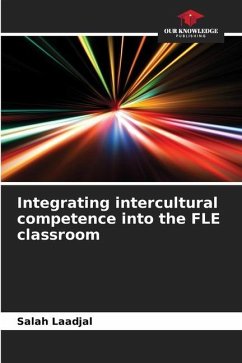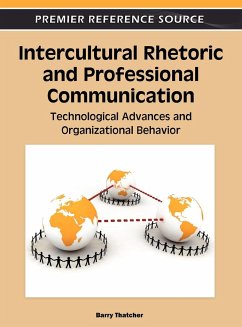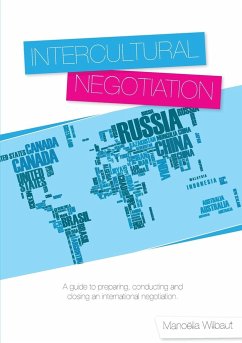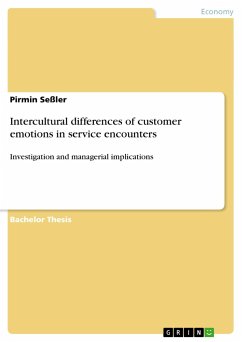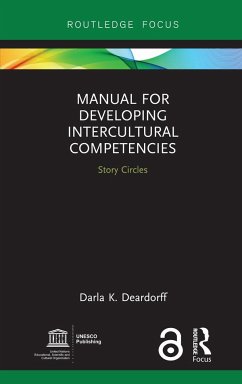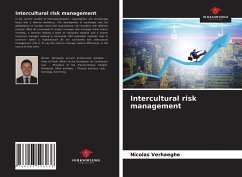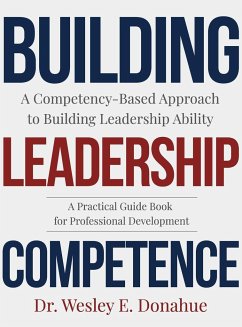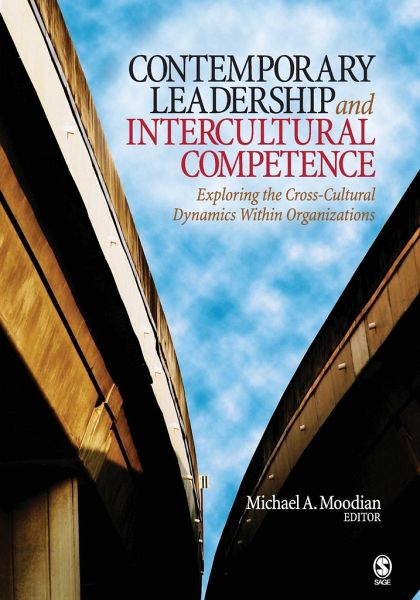
Contemporary Leadership and Intercultural Competence
Exploring the Cross-Cultural Dynamics Within Organizations
Versandkostenfrei!
Versandfertig in 1-2 Wochen
148,99 €
inkl. MwSt.

PAYBACK Punkte
74 °P sammeln!
Contemporary Leadership and Intercultural Competence will give students a thorough understanding of the evolving role of cultural diversity in the workplace, become familiar with powerful tools and assessments to measure an organizations's intercultural competence, gain knowledge of optimal crosscultural communications, and be exposed to real-world applications to business, including remediation and training techniques to bring organizations up to par.
Featuring contributions from some of the world's most renowned cross-cultural management theorists and commentators, this breakthrough text explores the cross-cultural dynamics within organizations. The book examines the evolving role of cultural diversity in the workplace, the application of cultural comprehension to organizations, and the measurement of various aspects of intercultural competence.





